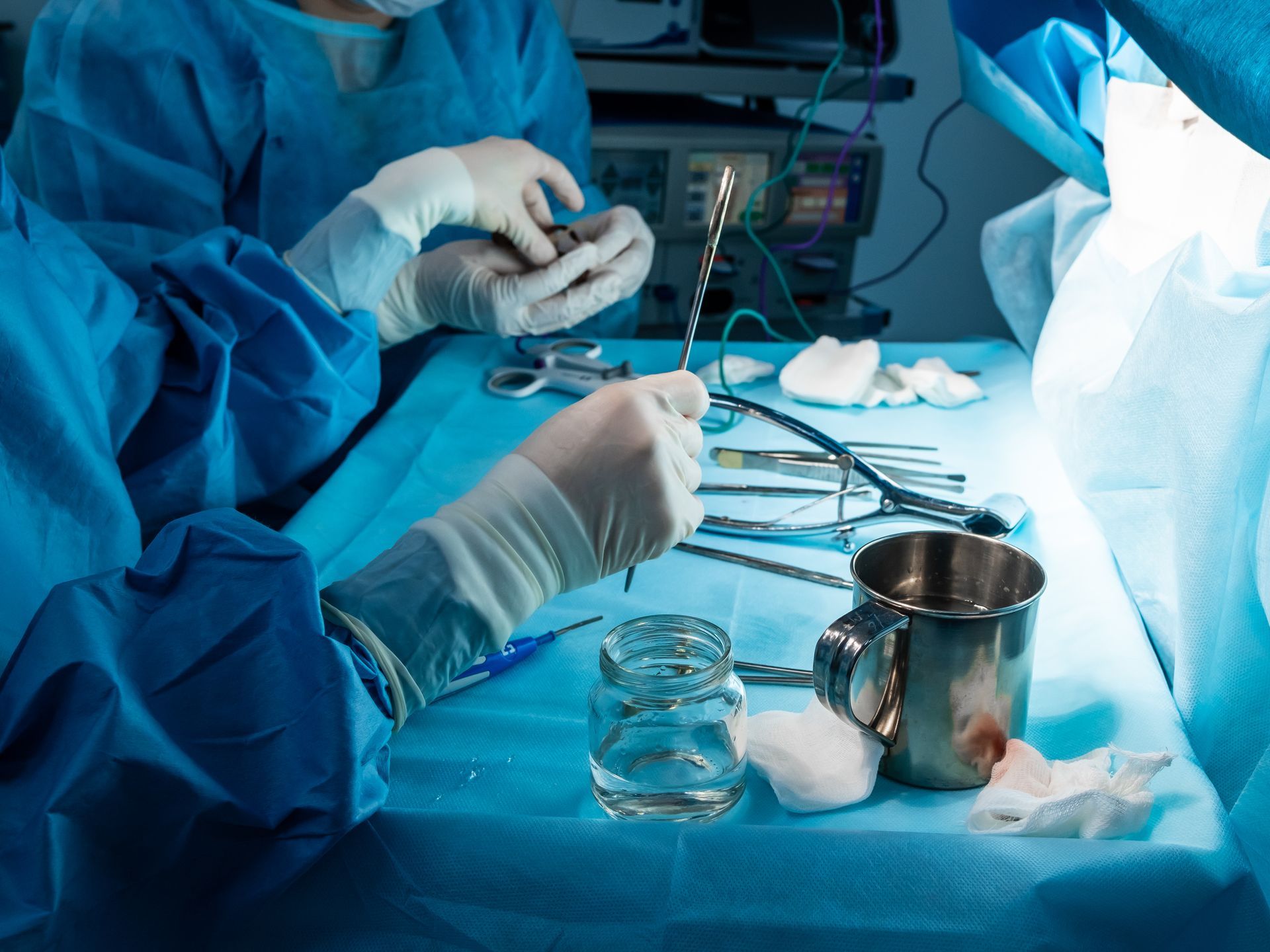Treating Fissures
Treating Fissures in Toronto entails advanced laser techniques to ensure minimal discomfort and accelerated healing. Experience effective sphincter preservation therapy. Book your appointment today.

Faster Recovery with Treatment for Fissures
This specialized surgical method specifically addresses deep anal fissures—a painful condition characterized by tears within the sensitive lining of the anal canal. The procedure effectively removes affected tissue around the fissure, turning persistent deep fissures into manageable shallow wounds with improved healing potential. Candidates suited for this solution include patients experiencing chronic pain,
discomfort, recurrent bleeding, and impaired healing from conventional treatments.
The approach integrates targeted laser-based technology to enhance surgical precision, carefully removing problematic tissue and freshening wound edges. In persistent or resistant cases not responding adequately, treatment may also include targeted botulinum toxin injections, further facilitating fissure healing by reducing internal pressure.
Effective Pain Relief
Our advanced Fissurectomy procedure effectively reduces pain with precise targeting of fissure tissue. By utilizing the latest laser technology, we ensure a faster healing process and minimize recovery time, helping patients quickly return to their daily activities.
Rapid Recovery Time
Experience reduced recovery time with our Laser Fissure Treatment. This advanced procedure efficiently lessens healing periods and employs non-invasive fissure repair, ensuring a swift return to daily life.
Minimal Discomfort
Patients tend to experience minimal discomfort during Laser Fissure Treatment due to advanced technology that offers effective pain relief. This treatment not only alleviates the symptoms but also promotes quick healing.
Enhanced Life Quality
Our Laser Fissure Treatment not only minimizes pain but also enhances quality of life by speeding up recovery. Ideal for those suffering from anal fissure surgery, it ensures fast, effective relief.
Frequently Asked Questions
Explore the most common questions about fissure treatment. If your query isn't answered here, feel free to contact us for further information and guidance.
The Fissure Treatment Process
The procedure involves careful surgical removal of the fissure along with surrounding damaged tissue. This surgical excision transforms the deep anal tear into a shallower, surgically managed wound. Laser technology is systematically utilized during surgery for precise management, providing targeted control to assist with accurate tissue removal and preparation of wound edges.
In situations where the fissure remains resistant despite surgical intervention, a supplementary treatment involving targeted injections of botulinum toxin into the anal sphincter muscles may be employed. Administered after thorough clinical evaluation, these injections effectively relax internal muscles, thereby reducing tension and promoting a healing environment within the anal canal.

Discover What Our Patients Say!
Say Goodbye to Fissure Pain - Contact Us!
Experience personalized care with our expert team to ensure effective fissure treatment. Book your appointment today and start your journey towards a pain-free life with confidence.
